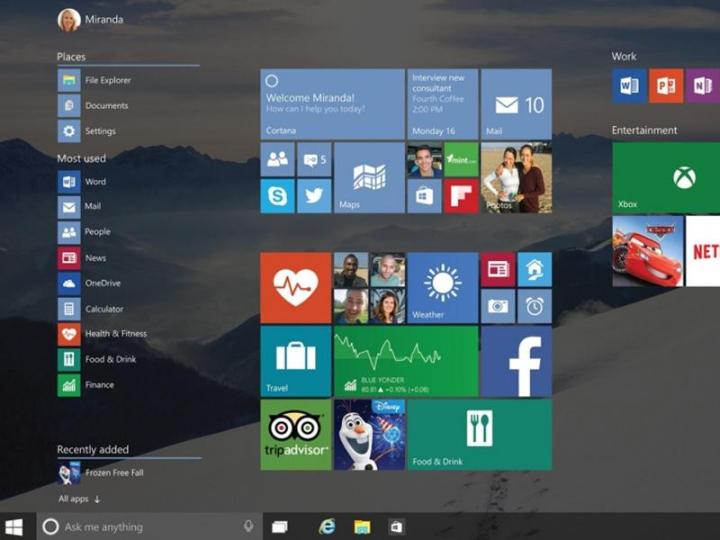
The feature we’re concerned with is called Secure Boot, and it’s designed to protect you: The installed OS becomes locked to the hardware itself, and if any other OS attempts to interfere (like a low-level malware app for example) then the system simply won’t start up. OEMs were ordered to make Secure Boot optional with Windows 8 but it looks like they are going to be given the opportunity to make it mandatory in Windows 10.
In other words, some laptop and desktop manufacturers may decide to configure their goods so that you can’t slap Windows 7 or Ubuntu on your machine, and that’s got users a little concerned. As yet though we don’t know for sure — it’s possible that Microsoft will change its mind between now and the summer and use the same approach to Secure Boot as it did with Windows 8. What’s more, there are moves afoot to make Linux compatible with the Secure Boot protocols.
Of course you could always put together your own PC from scratch, but if you had plans to set up a customized dual-boot system using a pre-built computer, then this is something to watch out for. We should know one way or the other when Windows 10 finally sees the light of day in a few months, complete with its revamped Start menu and biometric login support.


